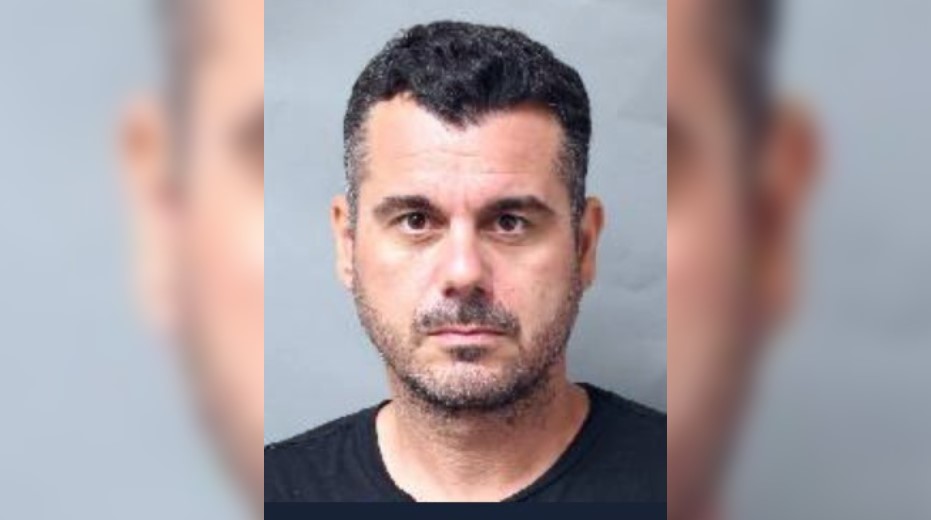Barbados says goodbye to queen, transforms into republic

Posted November 30, 2021 12:04 am.
Last Updated November 30, 2021 6:51 am.
Barbados stopped pledging allegiance to Queen Elizabeth II on Tuesday as it shed another vestige of its colonial past and became a republic for the first time in history.
Several leaders and dignitaries, including Prince Charles, attended the ceremony that began late Monday in a popular square where the statue of a well-known British lord was removed last year amid a worldwide push to erase symbols of oppression.
Fireworks peppered the sky at midnight as Barbados officially became a republic, with screens set up across the island so people could watch the event that featured an orchestra with more than 100 steel pan players and numerous artists. It was also broadcast online, prompting a flurry of excited messages from Bajans living in the U.S., Canada and beyond.
“Happy Independence Day and freedom to all,” wrote one viewer.
The drive to become a republic began more than two decades ago and culminated with the island’s Parliament electing its first ever president last month in a two-thirds majority vote. Barbados Governor General Sandra Mason was scheduled to be sworn in before dawn on Tuesday as the island marked its 55th independence from Britain.
Mason, 72, is an attorney and judge who also has served as ambassador to Venezuela, Colombia, Chile and Brazil. She will help Prime Minister Mia Mottley lead the wealthy Caribbean island of more than 300,000 people that is dependent on tourism, manufacturing and finance.
Barbados did not need permission from the U.K. to become a republic, although the island will remain a member of the Commonwealth Realm. It’s an event that the Caribbean has not experienced since the 1970s, when Guyana, Dominica and Trinidad and Tobago became republics.
Barbados became independent from the United Kingdom in November 1966, more than three centuries after English settlers arrived and turned the island into a wealthy sugar colony based on the work of hundreds of thousands of African slaves.
In recent decades, the island has begun distancing itself from its colonial past. In 2005, Barbados dropped the London-based Privy Council and chose the Trinidad-based Caribbean Court of Justice as its final court of appeal. Then in 2008, it proposed a referendum on the issue of becoming a republic, but it was pushed back indefinitely. Last year, Barbados announced plans to stop being a constitutional monarchy and removed a statue of British Vice-Admiral Horatio Nelson from National Heroes Square, the location of the event to celebrate becoming a republic.
Barbados’ flag, coat of arms and national anthem will remain the same, but certain references will change, according to Suleiman Bulbulia, a columnist for the Barbados Today newspaper. He wrote that the terms “royal” and “crown” will no longer be used, so the Royal Barbados Police Force will become the Barbados Police Service and “crown lands” will become “state lands.”
“It is the beginning of a new era,” he wrote. “Any Barbadian can aspire now to be our Head of State.”








